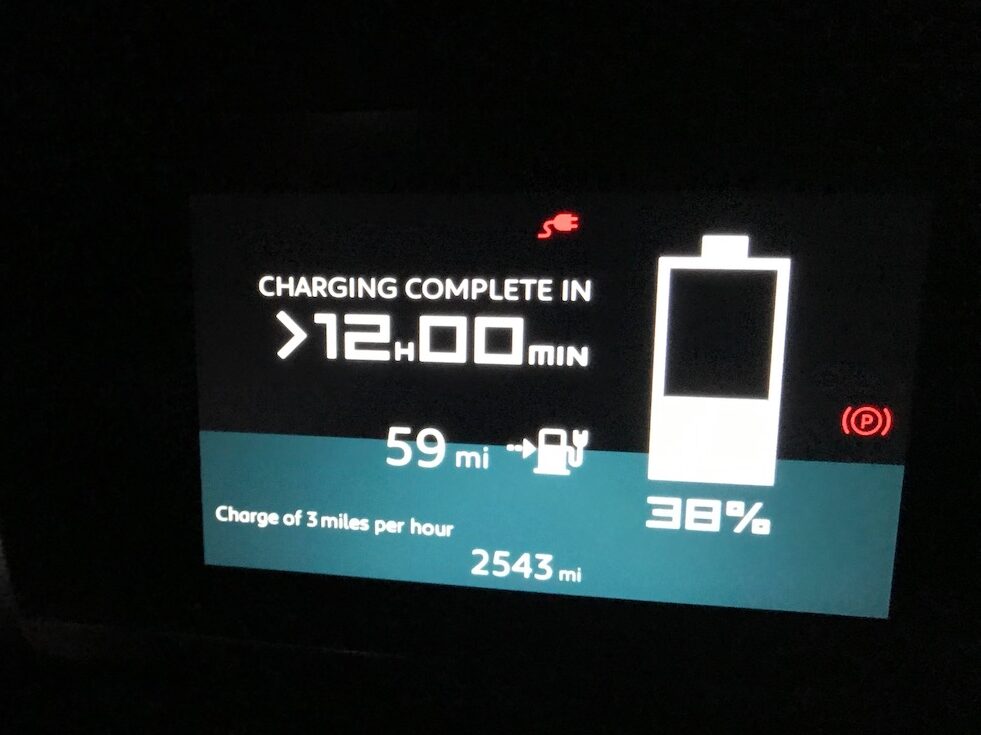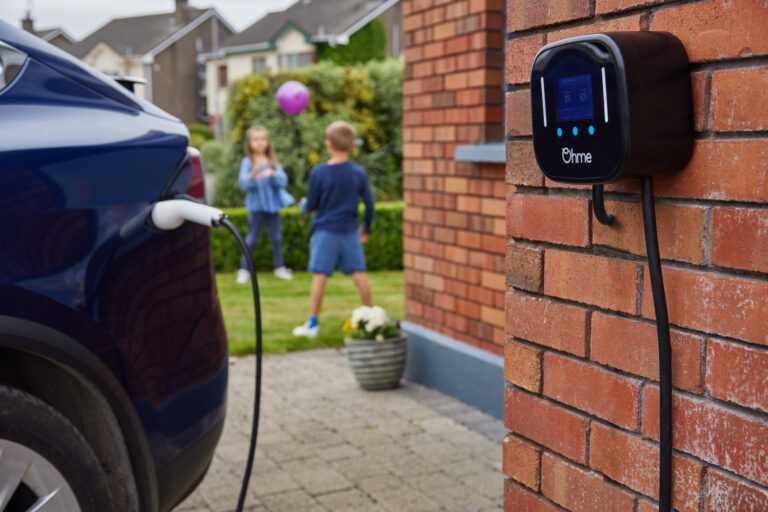Since July 2022, under Government legislation all new domestic EV chargers have had to have smart capability.
What does this actually mean? Well, in short, this means that all chargers have to have a data connection to be able to measure and transit records so that drivers can view their charging history. The new legislation also meant to encourage drivers to use smarter home electricity tariffs to avoid charging during peak hours of 7-9am and 7-10pm when the National Grid is under heavy demand.
What this doesn’t mean however, is that all chargers that you can buy are necessarily smart or will reduce your charging bill at home. There are a couple of reasons for this. The first is that those charger manufacturers who weren’t able to meet those regulation dates of July 2022, were given extra time to be able to meet them.
In effect, they were given a stay of execution. As a result, unaware drivers could easily still buy a ‘dumb’ charger without realising. If you’re not sure, then ask to see the charger’s Statement of Compliance.
Does it matter? If you simply want to plug in and charge your EV and use your car’s app to do so, then in theory that would be fine, but as domestic electricity tariffs get more complex, you’ll really want a smart charger such as the likes of Ohme’s Home Pro to take advantage of them.
You’re effectively future-proofing yourself and a good charger and charging app will be updated far more often than those from a car manufacturer – Nissan no longer supports the app for the first-generation Leaf for example.
The new regulations that arrived in July 2022 meant that smart chargers can start charging in phases with the ability to delay charging by up to 1800 seconds (30 minutes) to protect any surges on the national grid if lots of people choose to charge their cars at a particular point during the off-peak period. Effectively, it allows those looking after the grid to have a steady climb of demand rather than a sudden spike.

So what about smart charging tariffs? While the new smart chargers do have that automatic default to avoid those peak electricity usage hours, it’s up to you to ensure that you’re on the best electricity tariff for your needs.
We’ll write about smart EV tariffs in due course, but the best smart charging companies and their apps, enable your charger to work with those tariffs automatically. That’s not only crucial given the off-peak tariffs that are available now, but it’s also crucial for those that might be available in the not-too-distant future too.

